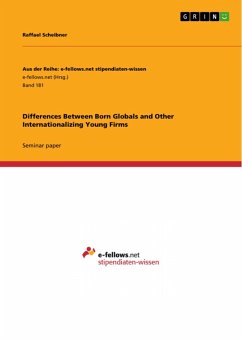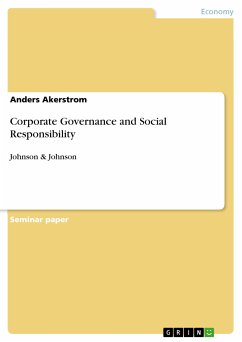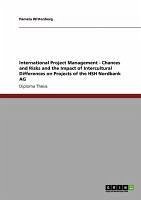Seminar paper from the year 2010 in the subject Business economics - Business Management, Corporate Governance, grade: 1,3, University of Augsburg, language: English, abstract: It is a well-known fact that in the past decades globalization has taken international trade to another level, i.e. there are more and more companies involved in international business, importing and exporting at a higher level than ever before. From the scientific point of view though there have been made observations concerning a specific kind of companies whose international activities seem to contradict the traditional, incremental models of the internationalization process of a firm. These traditional theories assume that just after having established a certain domestic market position and having gathered enough business experience the internationalization process of the firm begins (cf. Uppsala-Modell: Johanson and Vahlne, 1977, 1990). The contradiction though consists in the fact that the mentioned specific kind of companies goes international right from its inception and seems to perceive the whole world as one single market which can be entered and supplied just as easy as the domestic one (Oviatt and McDougall, 1994). So what will be discussed in this paper is in general the phenomenon of the so-called born globals (Rennie, 1993) and in specific the differences that might exist between those born globals and other young traditional internationalizing companies.
Dieser Download kann aus rechtlichen Gründen nur mit Rechnungsadresse in A, B, BG, CY, CZ, D, DK, EW, E, FIN, F, GR, HR, H, IRL, I, LT, L, LR, M, NL, PL, P, R, S, SLO, SK ausgeliefert werden.









